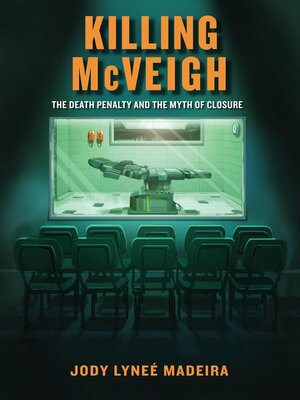
Sign up to save your library
With an OverDrive account, you can save your favorite libraries for at-a-glance information about availability. Find out more about OverDrive accounts.
Find this title in Libby, the library reading app by OverDrive.



Search for a digital library with this title
Title found at these libraries:
| Library Name | Distance |
|---|---|
| Loading... |
On April 19, 1995, Timothy McVeigh detonated a two-ton truck bomb that felled the Alfred P. Murrah Federal Building in Oklahoma City, killing 168 people. On June 11, 2001, an unprecedented 242 witnesses watched him die by lethal injection.
In the aftermath of the bombings, American public commentary almost immediately turned to "closure" rhetoric. Reporters and audiences alike speculated about whether victim's family members and survivors could get closure from memorial services, funerals, legislation, monuments, trials, and executions. But what does "closure" really mean for those who survive—or lose loved ones in—traumatic acts? In the wake of such terrifying events, is closure a realistic or appropriate expectation?
In Killing McVeigh, Jody Lyneé Madeira uses the Oklahoma City bombing as a case study to explore how family members and other survivors come to terms with mass murder. The book demonstrates the importance of understanding what closure really is before naively asserting it can or has been reached.







